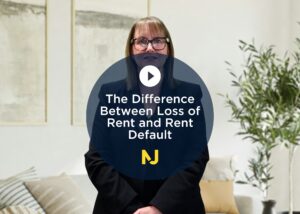Have you ever heard anyone declare that they love packing before moving home? Unless they are a professional packer, it’s safe to assume that such a person doesn’t exist. Moving all your belongings is tiring and stressful. But, if you concentrate on the small things first, the laborious job can be a more harmonious affair.
A first-rate, experienced moving company will make the process easier (always get at least three quotes before making a decision), but if you decide to do it yourself, then it’s up to you, dear mover.
Adopting these three helpful mindsets to tackle the myriad small tasks will propel you and, before you know it, you’ll be in your new home.
Embrace your inner-organised guru:
Methodical, tidy and productive are your catchwords. You’ll need lots of boxes, tape, packing paper and labels. Use your own boxes and bags where applicable first. Pack a “survival kit” for moving day, with everything you’ll need to remain sane, such as snacks and things you’ll want on arrival.
It is best to start packing in advance (at least one month) to minimise stress. When it comes to the boxes, label them on the top and the sides so it doesn’t matter how the box is placed at its destination. Employ a rating system on each one for urgency: ie. a number five could mean it doesn’t need to be opened anytime soon, while a number one (with much-loved mugs and the coffee machine, for example) signals open ASAP. Taking a photo of each box’s contents also helps.
Pack like a surgeon:
Most of your belongings will need a little TLC for the ride and certain items can be the perfect medicine. Use pillows between fragile items; toilet rolls to coil up electrical cords and minimise tangling; socks over perfume bottles; and towels and linen will cushion fragile furniture. Heavy items such as books are suited to suitcases with wheels. Other hacks worth noting are to keep less-heavy things in their drawers: place cling wrap on top and tape them shut; use your cooking pots to secure small items; and keep your clothes on their hangers in a wardrobe-box or folded in a large rubbish bag.
Bid farewell to unloved and unused things:
Channel Japanese organisational expert Marie Kondo and say goodbye to anything you don’t use/want/need. There’s no use in packing something, only to get rid of it or donate it once you have moved. Save your time and energy: bring only the things you love and need.
With these packing tips in your arsenal, you’re on your way to a stress-free, successful move. Good luck!






